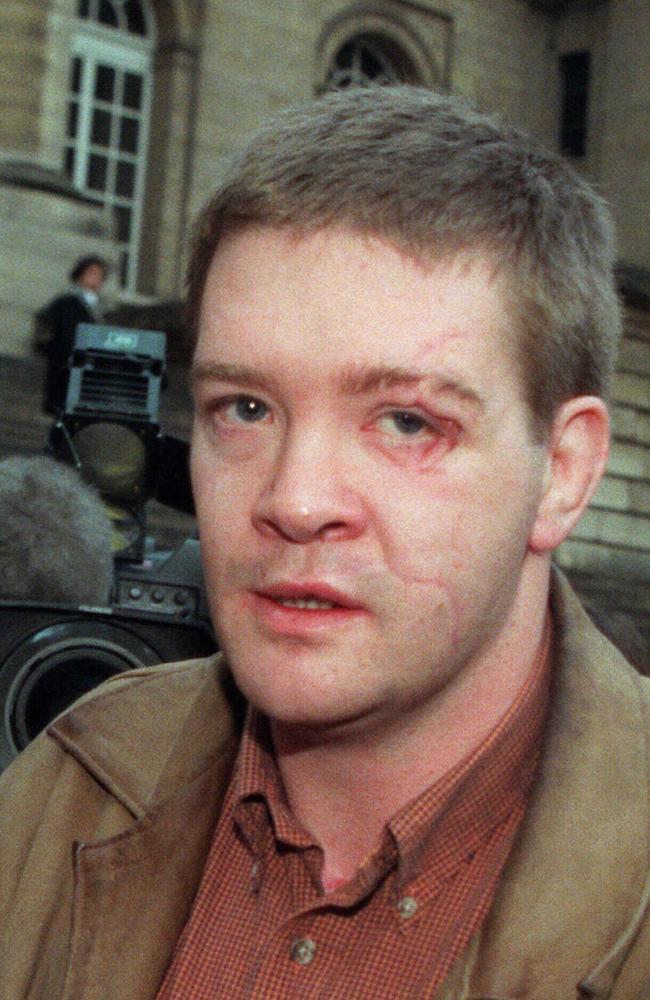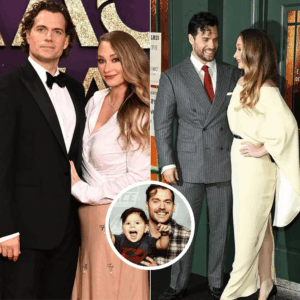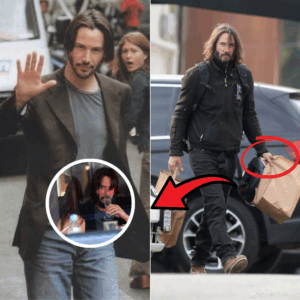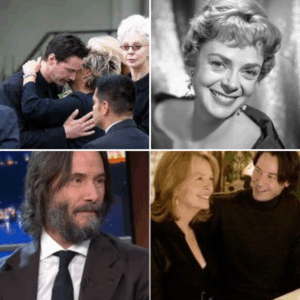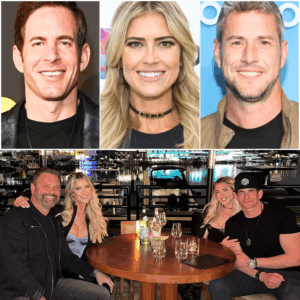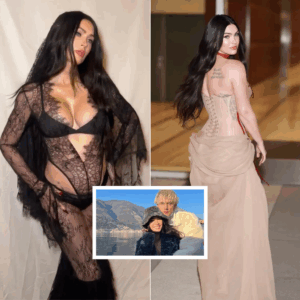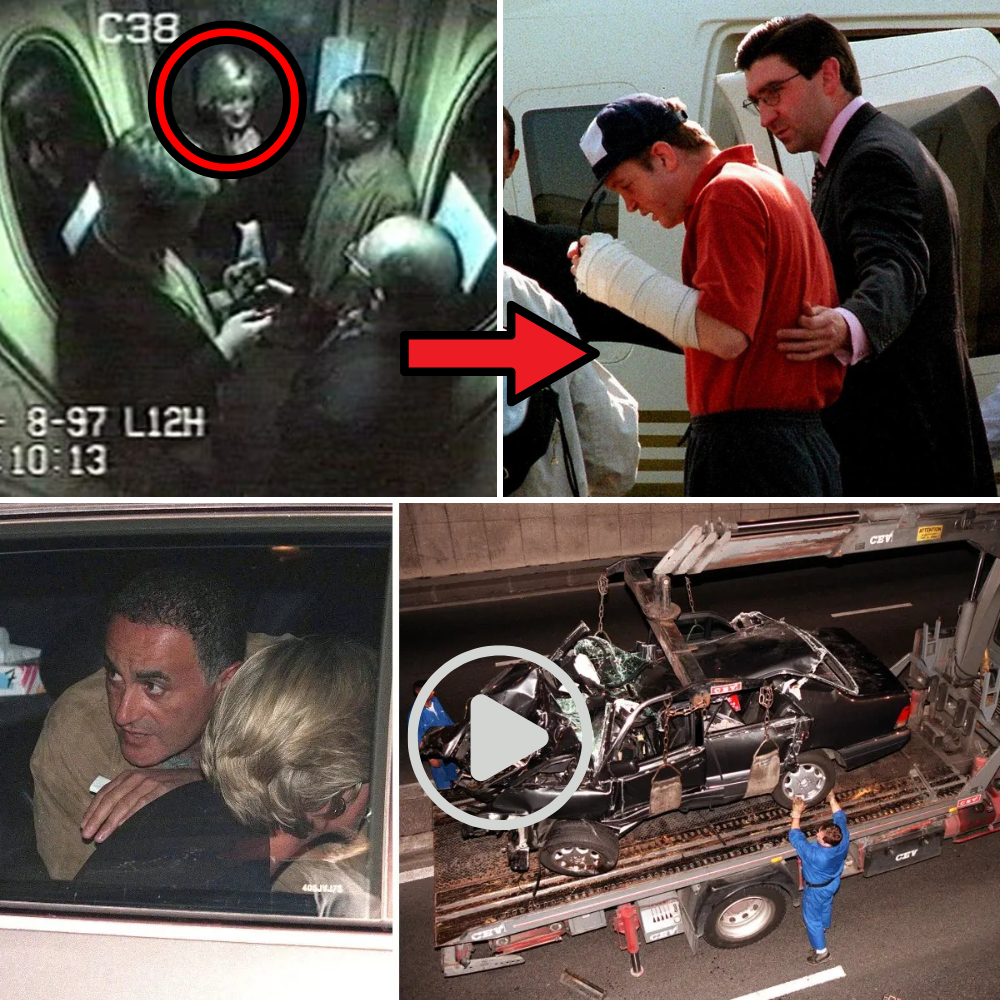
One of the last photos of Diana, Princess of Wales, shows only a blur of her famous blonde hair in the back seat of a Mercedes as it leaves the Ritz Hotel in Paris on August 30, 1997.
In the driver’s seats is Henri Paul, his eyes wide. Next to him, in the front passenger seat is a blonde man looking deeply concerned.
That man is Trevor Rees-Jones, a former soldier turned private bodyguard who — for more than 20 years — has held the clues to what happened that terrible night.
Less than five minutes after that photo was taken, two of the car’s occupants were killed when the speeding Mercedes S280 limo — travelling at more than 100km/h — slammed into the 13th pillar in the tunnel under the Pont d’Alma near the river Seine.
Diana would die later in hospital after a desperate but futile bid to save her life.
The only person to survive the horrifying smash was Mr Rees, a bodyguard for the Al-Fayed family. (He now only goes by the name Trevor Rees.)
However, despite being the only one of that group still alive, Mr Rees’s life since then has been marred by pain, divorce, war and dogged by conspiracy theories about who was really to blame for the death of the People’s Princess.
Throughout July and August of that year, Diana and Dodi’s relationship blossomed in full view of the paparazzi. By August 30, the duo were returning from their third holiday together having cruised around Sardinia. In the afternoon, they had flown to Paris where they initially travelled to the Ritz and then to Dodi’s luxury apartment near the Champs-Elysees. Later, they returned to the Ritz. Accompanying them were bodyguards Rees and Kez Wingfield.
With Dodi increasingly stressed by the 30 or so paparazzi chasing them in Paris, the Ritz’s deputy security head Henri Paul concocted a plan. The two cars the group had been travelling in that day would leave from the front of the hotel, serving as decoys, while Paul would personally drive the Princess and Dodi in one of the hotel’s limos, leaving from the rear entrance.
Rees later told an official British inquest into Diana’s death that he was immediately concerned about Paul’s plan.
“I wasn’t happy as it meant Dodi would be splitting the security officers, but I went along with it,” he said. “I advised Dodi that we could leave from the front of the hotel in two vehicles, as the crowd and the press would be pushed back across the road at the front of the hotel. Initially, I had been told that Dodi and Diana would travel without security and I said this would not happen, that I would travel in the vehicle with them.”
Rees would later say the last thing he remembered was climbing into the car at the Ritz, meaning there was a “missing” four minutes from his memory.
In an interview in 2000 he reflected: “I’m the only person who can tell people for real, and I can’t remember. It will be so easy if I do remember. I can tell people and all this c**p will finish.” (The “c**p” being conspiracy theories about the events of that night.)
Another key witness at the inquest was Mr Wingfield, the other bodyguard there that night. He testified he and Rees had both been travelling with Dodi and Diana for more than a week and knew they were being hounded by the paparazzi. He said they had asked Mohammed Al-Fayed for more guards to help deal with the situation. He also claimed Dodi would not tell his security team about his plans.
Mr Wingfield said he and Mr Rees had struggled during Dodi and Diana’s cruise, working 18-hour shifts to try and protect the duo.
A lingering question hanging over the tragic events of Paris is why Paul, whose autopsy found he was three times more than the legal blood alcohol level, had been allowed behind the wheel that night.
“People say, ‘You should have known’, but there was nothing in Henri Paul’s demeanour that he had been drinking, and Henri Paul wasn’t my focus of attention,” Mr Wingfield said. “My focus of attention was getting a sandwich down my neck as soon as possible and getting back on the job.”
During his evidence, Mr Wingfield told Mr Fayed’s barrister Michael Mansfield QC: “If we were allowed to have done our jobs properly by the organisation we wouldn’t be having this conversation now.”
